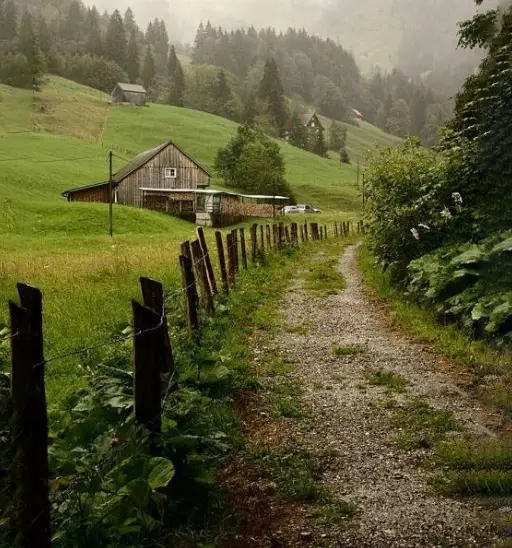- Hours: 10:00 am - 10.00 pm
- Inquiries

BIBLES—CEMETERIES—CITY DIRECTORIES—COLONIAL—

How the Changing of Times and Habits Affects us
Comment from Elaine Baldasare: “I had to reply to say this was a GREAT newsletter. My, you hit everything square on the head…
Find your Old Neighborhood
Comment from Kate Motley:” I grew up in a house that was built by my three great grandfathers. It was not until I left home that I realised that other people moved the house! iwish that people would tell the story of their time in their house, and leave it for the next inhabitants. It would be so interesting to find and add to the tale It all comes
The Tragic Life of Sister in the Woods Comment from Phyllis Pallister: “I love this story, even if it’s not about one of my ancestors. I know it’s tragic for Sister and Tom. What a devoted husband he was; sad that he could not move on after her death. This would make a great movie!”
Hello! I love your site and am so grateful. I resubscribed and received a new password in early April. I'll definitely get reacquainted with the magazine.
Thank you so much for sharing your expertise and a massive library. Vicki Mitchell
It's so wonderful of you to work so hard and give so very much.